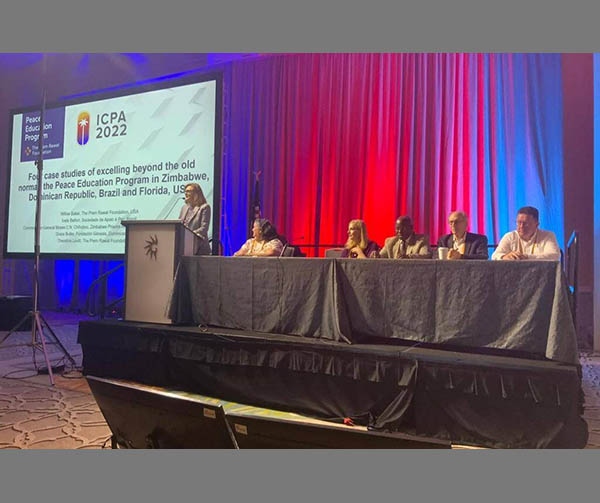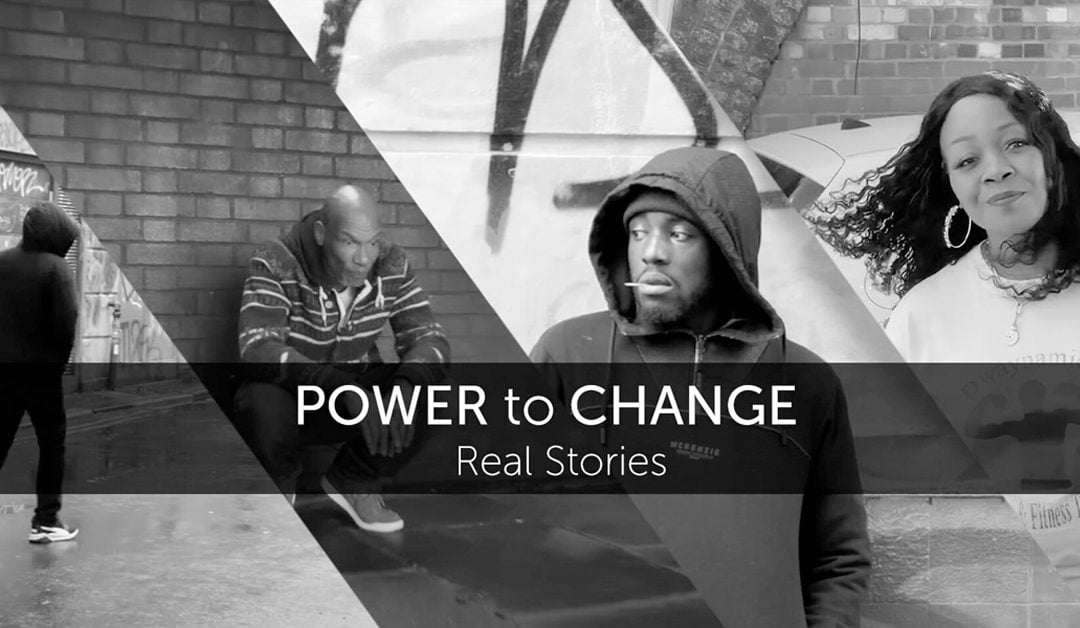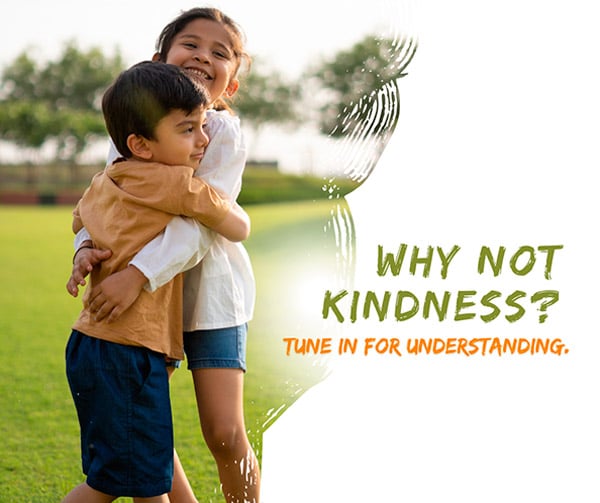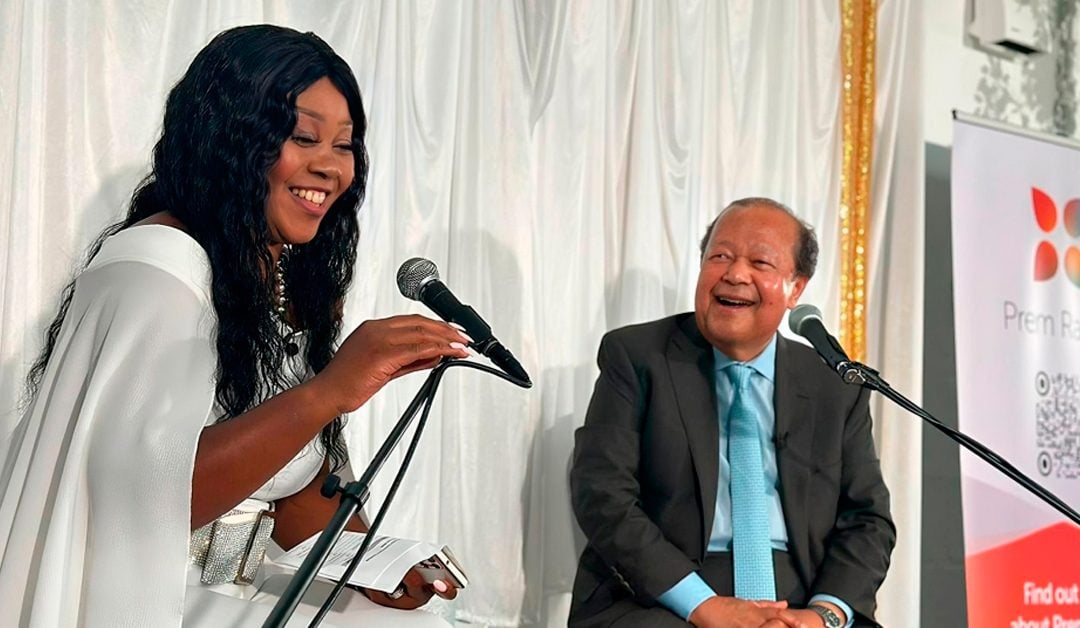A robust new study found that The Prem Rawat Foundation’s (TPRF) Peace Education Program has exceptional benefits for incarcerated individuals. Read a detailed summary of the study here, or the full study here. Or read a collection of all studies about the program here.
The Peace Education Program has a wide range of remarkable benefits for incarcerated people, including reducing anxiety, increasing self-awareness and personal growth, and enhancing hope and appreciation for life, according to an extensive new study.
Conducted by Ace Insights, an independent market research company, the study analyzed the impact of the program on 5,276 incarcerated individuals in Brazilian correctional facilities. Noting that “the quantitative findings are extremely robust,” 99.7% of participants reported benefits, and the study concludes “that the Peace Education Program is making a very positive impact on almost all incarcerated peoples’ lives.”
On October 25, the study results were presented at the International Corrections and Prison Association Annual Conference in Orlando, Florida. The conference is one of the premiere gatherings of corrections professionals and experts in the world. More and more of them are embracing the Peace Education Program as an empowering resource for positive change, both for themselves as well as the incarcerated people they serve.
Demonstrating its cross-cultural relevance, 300,000 people in 80 countries and in 40 languages have participated in the Peace Education Program to date, including 100,000 people in 775 correctional facilities.
The innovative workshop series gives people an opportunity to reflect on their own humanity, increasing self-awareness in support of resilience, empathy and wellbeing. TPRF Founder Prem Rawat’s video presentations are at the heart of the workshops, encouraging participants to explore the ten themes of Peace, Appreciation, Inner Strength, Self-Awareness, Dignity, Choice, Hope, Clarity, Understanding and Contentment.
The most recent study on participants in prisons in the State of São Paulo, Brazil adds to a growing body of evidence of the program’s successful results. Other studies have shown similar positive impacts for people in correctional facilities across four continents, as well as for participating high school and university students in the U.S., U.K., New Zealand, and Colombia.
“It’s wonderful to see that the new study on the impact in Brazil confirms what we’ve found elsewhere across the globe: this program can help transform lives no matter how challenging the circumstances,” says Peace Education Program Director Willow Baker. “It was an honor to present the study and more information about the Peace Education Program this week at the ICPA conference and to meet so many dedicated people who want to make a positive difference in the field of corrections.”
The Peace Education Program workshops can be offered in person, virtually, or on inmate tablets by Via Path and Edovo (tablet versions currently available in the U.S. only). The Prem Rawat Foundation makes the workshop materials available free of charge.
To implement the program at correctional facilities in Brazil, The Prem Rawat Foundation partners with the Prison Education Foundation (FUNAP), a state foundation under the Secretariat of Penitentiary Administration in charge of helping inmates to rehabilitate and reintegrate into society through educational, labor, cultural and legal assistance initiatives.
The Peace Education Program is just one of the ways that TPRF advances dignity, peace and prosperity by addressing fundamental human needs.
TPRF’s Food for People program has served over 4.7 million nutritious meals to disadvantaged children and elderly people in India, Nepal and Ghana.
Since Prem Rawat founded TPRF in 2001, it has given over 160 grants totaling over $5.7 million to a variety of partner NGOs in 40 countries to help victims of natural disasters, COVID-19 and other traumas.






